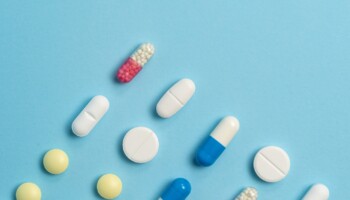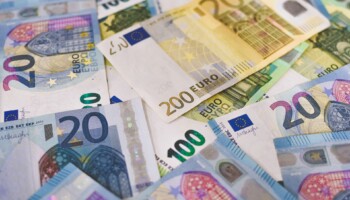The Therapeutic Goods Administration (TGA) has been monitoring and taking action against individuals and companies capitalising on the current pandemic to market and sell products that claim to prevent or cure COVID-19.
Under the Therapeutic Goods Act 1989 (Act), with limited exceptions, any product represented to be for therapeutic use is a therapeutic good. The TGA regulates all therapeutic goods and requires that they must be registered on the Australian Register of Therapeutic Goods (ARTG) before they can lawfully be supplied or advertised in Australia.
The TGA also has strict requirements for the advertising of therapeutic goods. Advertisers of therapeutic goods should be aware that any references, either explicitly or implicitly, to a serious form of a disease, condition, ailment or defect is a restricted representation (as prescribed by the Therapeutic Goods Advertising Code (Code)). It is unlawful to make a restricted representation in advertisements for therapeutic goods without prior approval from the TGA. COVID-19 is a restricted representation.
Any therapeutic claim made in relation to COVID-19 must be supported by appropriate evidence and must not mislead consumers. Additionally, advertisements must not contradict any current public health campaigns. For example, the promotion of face masks as a necessity to protect individuals from COVID-19 contradicts the Commonwealth of Australia’s Department of Health advice that masks are not necessary for everyone.
The TGA has published a warning to advertisers and consumers about illegal advertising relating to COVID-19 and has so far issued three fines.
- Pete Evans Chef Pty Ltd was fined $25,200 after the TGA received complaints about Pete Evans’ promotion of a BioCharger device which he claimed could be used in relation to the “Wuhan Coronavirus”. The device was promoted on the company’s website and on Facebook with unsubstantiated claims that the device is “proven to restore strength, stamina, co-ordination and mental clarity”. Pete Evans is a well known television celebrity chef.
- Labtest Direct Pty Ltd was fined $12,600 for posting Facebook advertisements of COVID-19 Rapid Test kits, which is a restricted representation.
- Oxymed Australia Pty Ltd was issued five infringement notices with penalties of $63,000 for contraventions relating to their advertising claim that their hyperbaric oxygen therapy chambers can treat serious ailments, diseases and conditions including representations made in relation to COVID-19.
The TGA has also reinforced that advertisements for disinfectants (including disinfectants that are exempt from registering on the ARTG) are required to comply with the Act and the Code. Advertisers of disinfectants who wish to make a claim about their product’s ability to kill COVID-19 must be able to verify such claims with studies conducted in respect of novel coronavirus.
Similarly, although the passing of the Therapeutic Goods (Excluded Goods – Hand Sanitisers) Determination 2020 precludes specified hand sanitisers from the operation of the Act and the Code, enabling manufacturing of sanitiser to be carried out by new manufacturers quickly to meet demand, when advertised in a specified way, advertisers of these products are still prohibited from making a therapeutic use claim that directly or indirectly refers to COVID-19.
The TGA is encouraging the public to report any suspicious claims being made about products, especially those that reference COVID-19, and have swiftly taken action to fine companies that breach the advertising requirements in relation to therapeutic goods. As such, advertisers must take care to ensure that they:
- do not make any representations for therapeutic use where the product is not registered as a therapeutic product on the ARTG;
- do not make any restricted representations relating to COVID-19; and
- adhere to the advertising requirements provided by the Act and the Code when promoting therapeutic goods.



